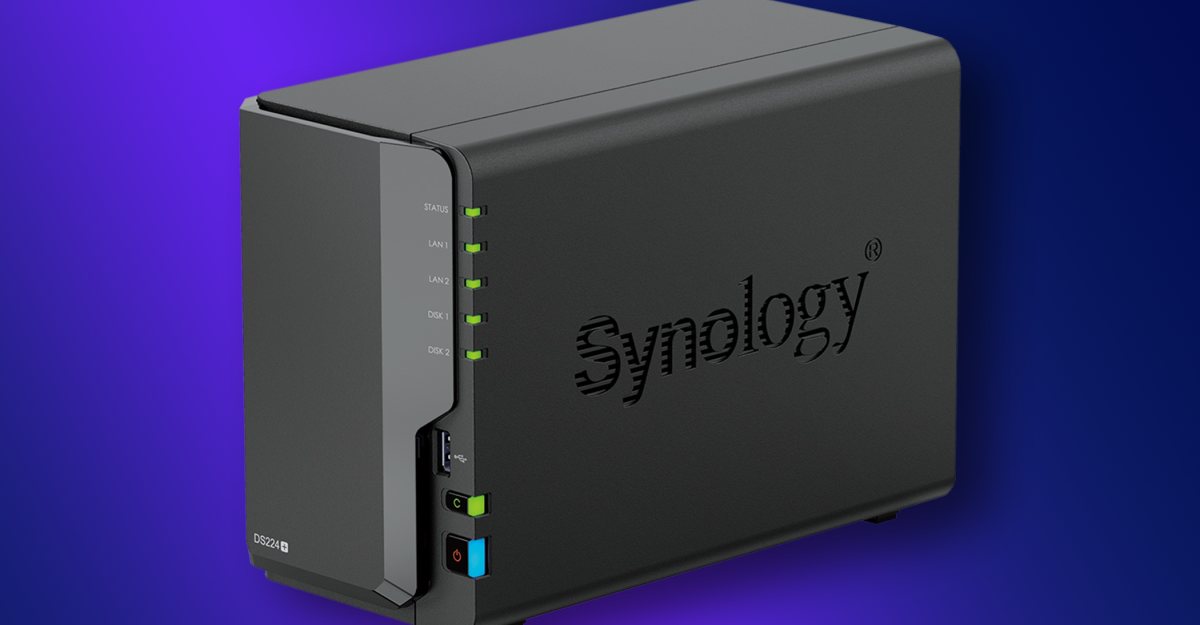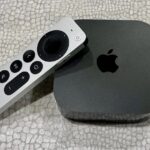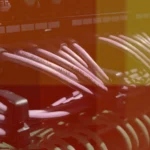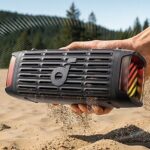Synology is preparing to roll out new restrictions on third-party hard drives in its future network attached storage (NAS) devices later this year, the company confirmed to Ars Technica. The changes could make it much harder to use third-party drives in Synology’s devices for typical use cases, like backing up household computers or as local media servers. The good news is that if you already own a Synology NAS, the company says the change won’t affect you.
Synology says in an EU press release that “starting with Plus Series models released in 2025,” only Synology-branded drives and those the company has certified to meet its specifications will “offer the full range of features and support.” According to Ars, Synology plans to update its compatibility lists to reflect which third-party drives that it has certified.
The new restrictions mean that without Synology-approved drives, you might not be able to do things like pool storage between disks or take advantage of drive lifespan analysis offered by the company’s software. The change doesn’t apply to Synology J- and- Value-series devices, and won’t affect consumer-grade Synology Plus devices that were released in 2024 and earlier. Nor will it affect hard drives that are migrated to this year’s devices from its existing NAS systems, according to Synology’s press release.
As for why it’s making this change, a Synology spokesperson told Ars, “Extensive internal testing has shown that drives that follow a rigorous validation process when paired with Synology systems are at less risk of drive failure and ongoing compatibility issues.” The company says similar things in its press release, writing that the restrictions will “reduce compatibility issues and increase system reliability and performance.” Synology did not immediately respond to The Verge’s request for comment.
Restrictions like this are irritating. To Synology’s credit, it’s introducing them in a way that’s less egregious than something like a printer company blocking third-party ink with a software update. But that doesn’t fix the fact that owners of its future NAS devices will have fewer choices — and therefore fewer chances to save money — when it comes to buying the drives to stick into them.
Read the full article here














